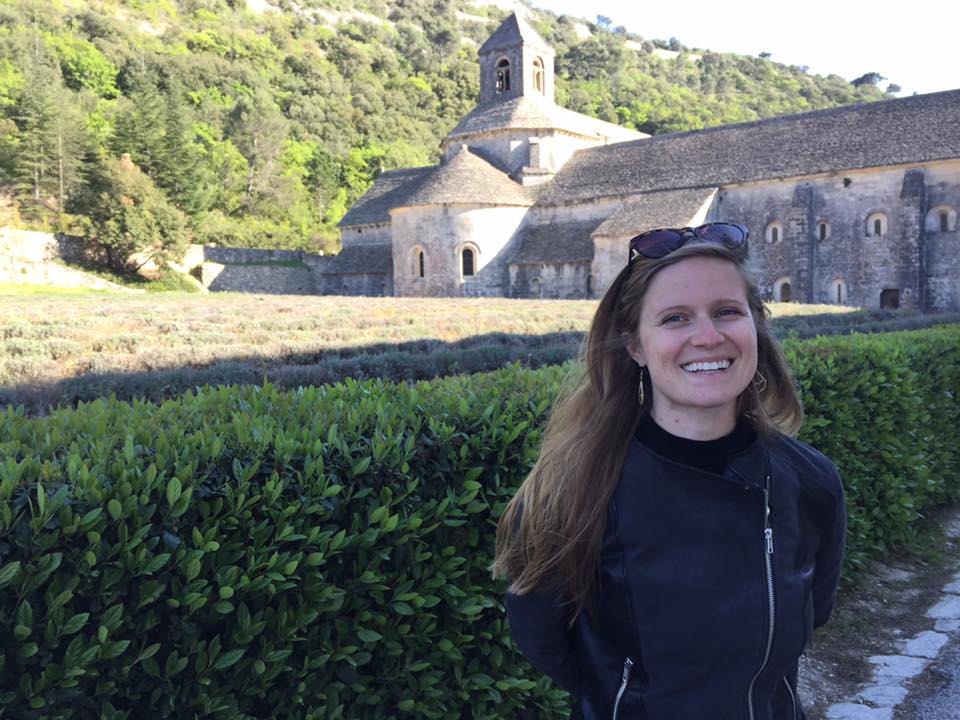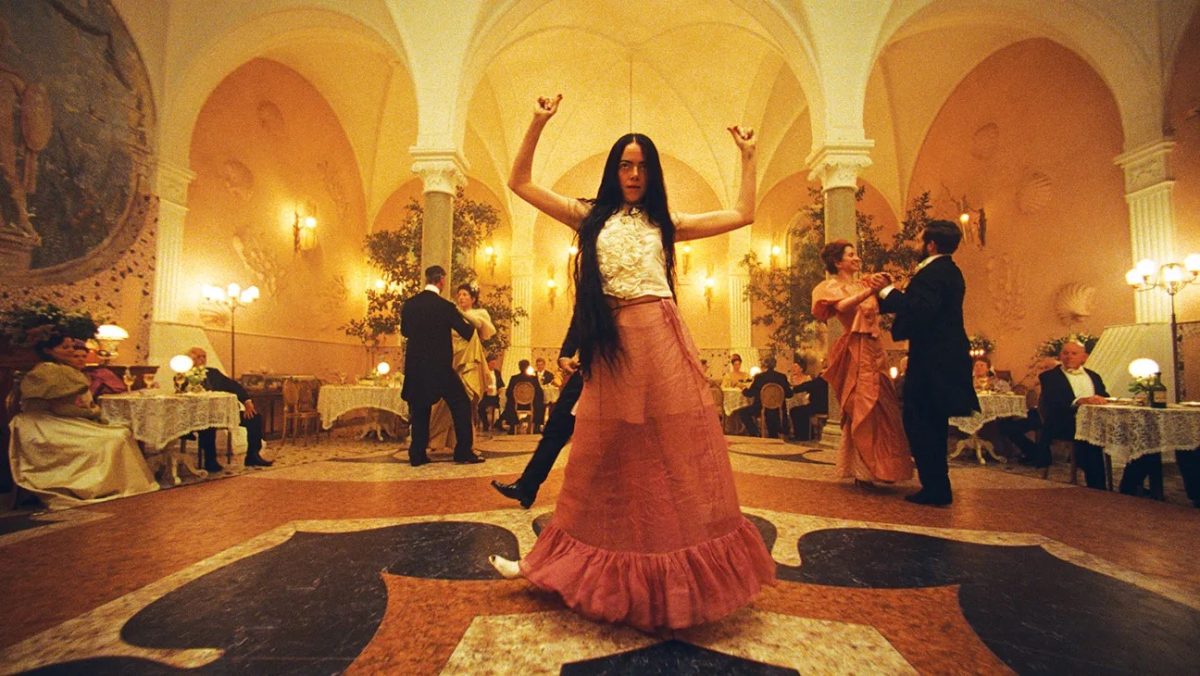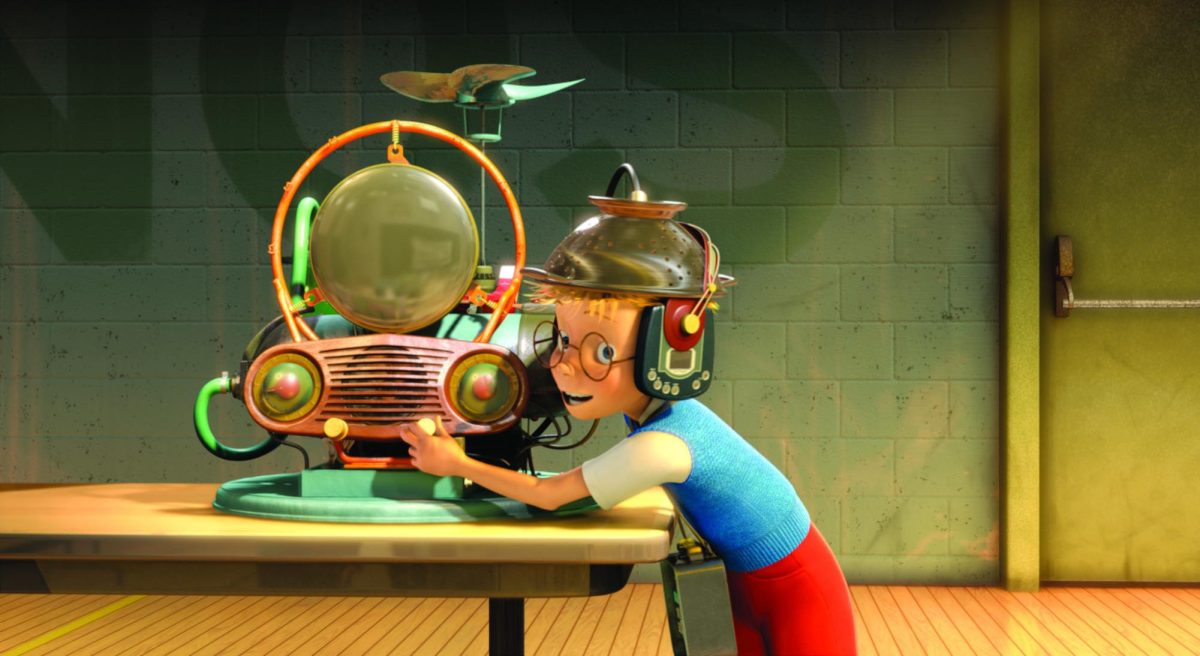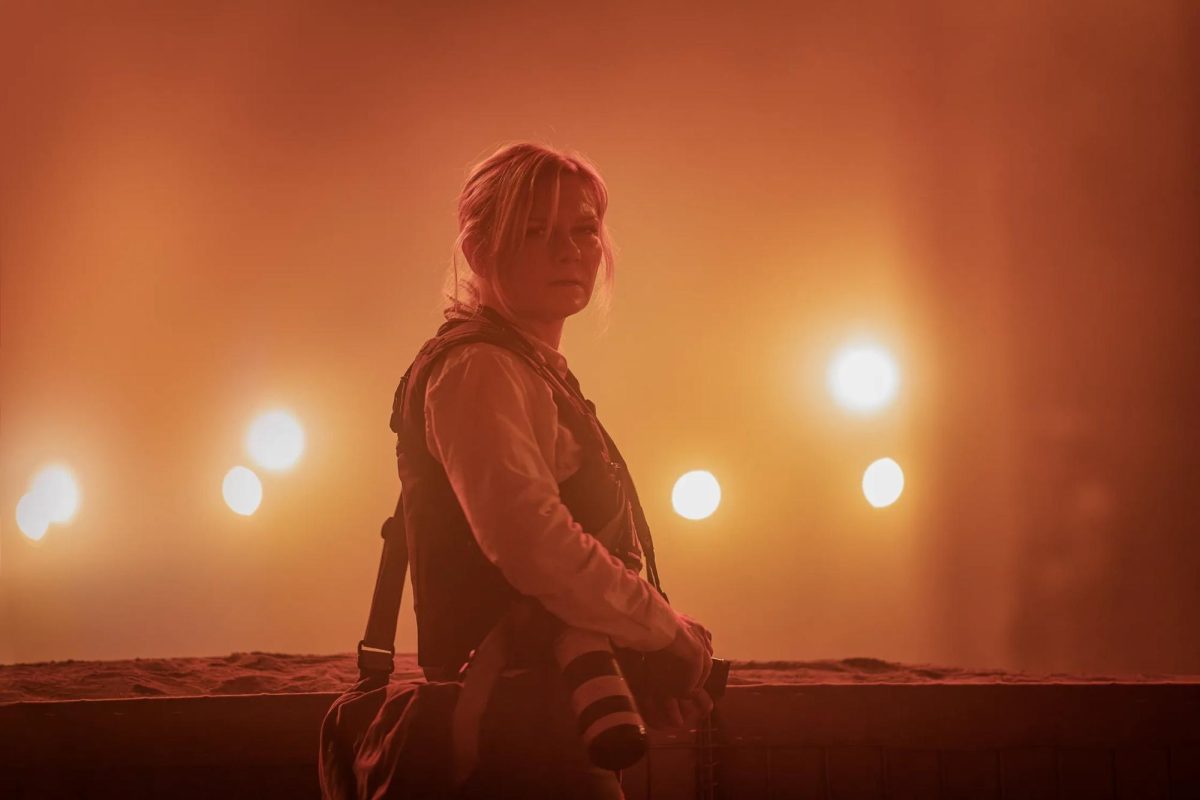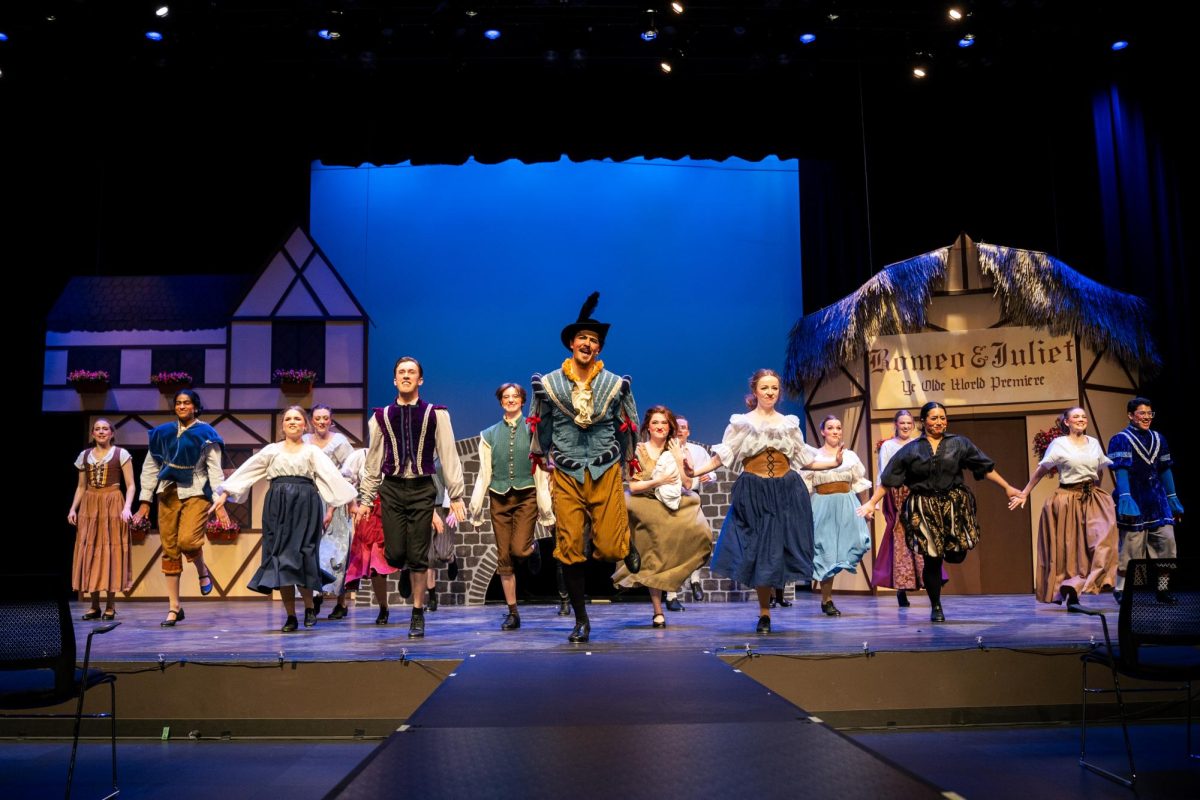Graduate student Ayden LeRoux discussed her experiences with studying and working with the Department of Literature and how it reflects on the state of the arts at UC San Diego.
Teaching assistants play an instrumental role in the classroom, especially when you’re in a class offered by the UC San Diego Department of Literature. They grade your papers, offer writing advice, and facilitate conversations about the works the class is reading. In many cases, the mandatory discussion sections provide students with the greatest chance to explore and gain more insight into who they want to be as a writer. One member of these TA ranks is graduate student Ayden LeRoux, who has been a TA for the literature department this past year. In this time, she has not only worked toward her Master of Fine Arts in creative writing, but she has also taught the entire lower-division 8A/8B/8C series, which covers the genres of fiction writing, poetry, and creative nonfiction.
Her approaches as a TA are unique, including having students practice close-listening skills and creating connections by answering the New York Times’ “36 Questions that Lead to Love,” which touch on a range of personal and imaginative questions. She has also had students stand atop their desks to gain a fresh perspective of the world a la Robin Williams in the film “Dead Poets’ Society.” “It feels like a creative act to me,” LeRoux said about her experiences as a TA to the UCSD Guardian. “It’s very different than writing, but I can tell when I feel inspired making lesson plans.”
These techniques play on her lifelong passion for teaching, as well as on her interest in the concepts of creativity and empathy. Before coming to UCSD for her MFA, LeRoux held an abundance of part-time jobs, including but not limited to being a waitress, freelance art critic, nanny, and working as an assistant director with Odyssey Works, a company that creates individualized performances and creative experiences to commemorate a person’s life. She still works with Odyssey Works as its assistant director and has already published two books. She looks back fondly on each of these experiences, citing them as a means of gaining perspective for her writing, as well as learning to observe the world and practice caring for others. “I really care about that idea of empathy,” she explained. “I think good writing comes from a place of empathy, … all good art makes you empathize with someone you might not normally.”
Her advice for fellow aspiring writers? “Don’t get a real job,” she said with a smile. “By working part time, I was able to keep making work.” She went on to talk about how many of her friends became so wrapped up with their professional jobs after graduating that they neglected their personal writing. Her route took her a different direction, allowing her to spend time on a friend’s goat farm after graduating, alternating between making goat cheese and focusing on her personal writings.
All of these interests led LeRoux to attend UCSD for her MFA in creative writing, which she praised highly for how much room it allots for experimentation with what she calls “hybrid forms” of writing. In other colleges’ MFA programs, students need to enter the school with a declared genre to specialize in. “Part of why I chose UCSD was that I didn’t have to do that,” she said. “I write all over the place, and it felt like it’d be kind of disingenuous for me to be, ‘ah yes, I’m a fiction writer; ah yes, I’m a poet,’ because I don’t actually want to claim any of that territory.” Another helpful aspect of the UCSD program is that the MFA does not have an abundance of general education requirements besides a handful of writing requirements. This allows LeRoux to focus primarily on writing classes while still having the opportunity to take classes from other departments.
LeRoux learned UCSD was a viable option because of the Department of Visual Art’s renowned faculty and alumni. By investigating the arts department, LeRoux learned that its MFA program, as well as the literature department’s, was funded. This essentially means that as a student here, her job is to teach writing and focus on her own work until she finishes her three-year program. As a result, she hasn’t had to take any science, technology, engineering, or math classes or sacrifice her realm of humanities and writing, yet has been able to observe a general perception “that people think that writers are sort of magical creatures,” meaning they are stunned whenever they encounter someone who actually writes as their specialty.
LeRoux confronts this mixture of peoples and interests within the classes she teaches. “It seems like there’s a really innovative and collaborative cross-disciplinary state of art here,” she observed. So far among the lower-division classes she’s taught there have been a fairly equal mix of STEM and humanities majors, but she hasn’t noticed any major difference in the way they adapt to the course requirements. “I think maybe what I notice most is the sort of difference in understanding and being comfortable with how subjective good writing is,” she remarked. “I think what I notice in students that are more from the STEM background is maybe that they really want a concrete answer on how to be a good writer. And there is no one way to be a good writer. The whole point is that you’re an individual voice … and so when people want it to be formulaic it’s really hard to teach that there is no formula.”
Rather than keep these varying mentalities separate, though, LeRoux feels that it is important to realize the connection between them. “In some ways it’s funny to think about the humanities existing in a STEM-heavy school, but it also kind of makes sense, because of course the avant-garde, experimental program is going to be tied to this weird experimental research … It takes a lot of creativity … The mentality of research that comes from the STEM fields then bleeds over to this inquiry we practice in our creative ways.”
It all relates back to two main concepts for LeRoux — creativity and empathy. In her opinion, reading and writing exist to integrate the human, emotional aspects of life among varying experiences. “It’s easy to say that they’re different, but I genuinely believe that if someone who is pre-med as an undergrad is coming into my poetry class, they’re going to learn to better know their heart and how to be a human. If they become a doctor, [they’re going to learn] how to treat their patients with humanity.” Overall, UCSD brings together two seemingly separate realms of study, but in the end, they are intertwined, allowing both to succeed.
For more information about Ayden LeRoux and her work, visit aydenleroux.com
Image courtesy of Ayden LeRoux


